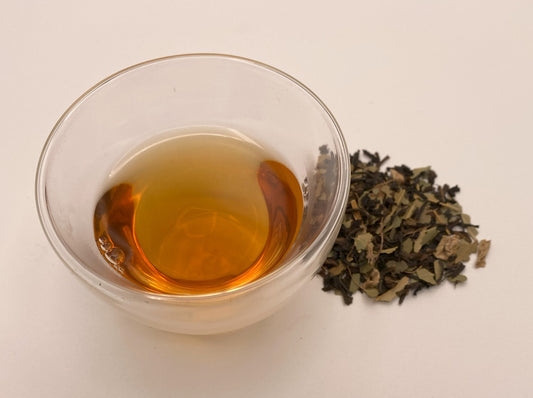In Nepal, there is a collaborative group of female tea producers who are working hard to further develop the Nepali tea industry. These women are tea farmers, growers, tea company founders, and CEOs. In addition to the ladies at the helm, women make up 70% of the workers in Nepal's tea sector.
We are proud to work directly with one of these creative collectives of Nepali Tea Women to bring you exclusive organic teas and botanicals from an area you may have otherwise overlooked. Our trusted partner is WFTO Certified, ensuring that these teas, herbs and botanicals come from nearly 150 sustainable farming societies and are produced using fair labor practices. These practices increase the standard of living, fight poverty, and provide opportunities to educate their children.
Even though the same tea plant grows in several areas around the world, each region has it's own unique geography, climate, soil, altitude, and water sources. Because the eastern zones of Nepal are geographically similar to Darjeeling, the tea grown in each region tastes similar as well. However, Nepal's high mountain areas provide a pollution-free environment with pristine weather, giving Nepalese tea it's own distinct appearance, aroma and flavor.
There are a few reasons why Nepalese teas are not widely available in the Western world. Geography plays a big factor. Nepal is a landlocked, mountainous nation with poorly developed infrastructure which makes establishing trade routes difficult. Because of this, most Nepalese tea is traded with surrounding India.
Nepali tea supplements and also competes with the well-established Darjeeling tea producers, leaving little left for export to other parts of the world. Nepal is the same size as the state of Georgia and produces only 0.4% of the total world tea output.
Politics also played a factor. During the 1900's, the Rana Dynasty's political policies protected Nepal from British Colonial Rule, but also prevented it from developing economically.
Over the past few years, efforts have been made to promote Nepali tea in other countries so that tea lovers in the West can taste what Nepal has to offer. Ultimately, this leads to long-term sustainable farming which provides livable wages for 20,000 farmers engaged in tea cultivation.
Welcome to the rich heritage that Nepalese teas, herbs and botanicals have to offer.





